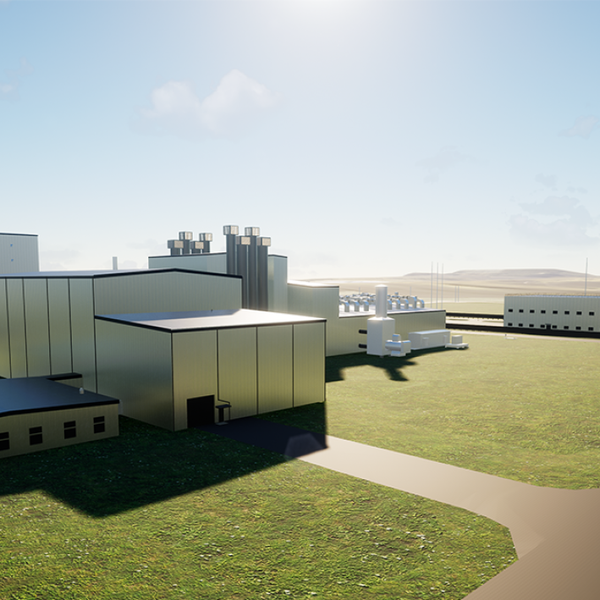Tokyo Electric Power Co. is pushing to re-activate the world's largest
nuclear power plant despite the failure of its own efforts to contain the crisis of ongoing leaks of radiation and contaminated
water at its
Fukushima Daiichi facility.
TEPCO officials submitted documents Friday requesting safety checks on two reactors at the Kashiwazaki-Kariwa nuclear plant, the first step in the process of re-starting the plant. According to Bloomberg, the company--which has been criticized for putting profit above human lives and environmental well-being--saw a jump in its share price following announcement of the paperwork process.
Despite the Japanese government's public criticisms of TEPCO for failing to take responsibility for the Fukushima disaster, state officials are allowing them to move forward with steps to re-start the Kashiwazaki-Kariwa plant, which is located approximately 300 kilometers northwest of Tokyo. Niigata Governor Hirohiko Izumida gave the go-ahead for the safety checks.
To reopen, the plant would have to receive approval from local officials, as well as the Nuclear Regulation Authority. Prime Minister Shinzo Abe is pushing for the eventual reopening of all of Japan's 50 nuclear reactors that were idled in the wake of the 2011 tsunami that destroyed the Fukushima plant. The push comes amid mass public opposition following the nuclear disaster--which has displaced over 160,000 people in the world's worst nuclear crisis since Chernobyl.
TEPCO is moving forward with steps to reopen Kashiwazaki-Kariwa despite the admission of one of its own senior officials that the situation at Fukushima is "not under control." There is no sign that the clean-up--the cost of which has been largely shouldered by Japanese taxpayers--is making any progress in its attempt to stem dangerous leaks of radioactive water or stabilize the badly damaged buildings and reactors.
On Thursday, in just the latest mishap reported, TEPCO admitted that a barrier surrounding the reactors, aimed at stopping radiation seepage, had ruptured and a large hole was allowing contaminated waste water to leak into the ocean.
_____________________



